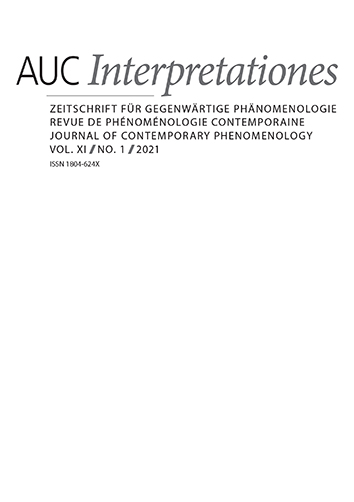AUC INTERPRETATIONES, Vol 4 No 2 (2014), 99–113
Aliénation et émancipation d’après la fin du monde. Ce qu’une théorie du capitalisme peut apprendre du cinéma apocalyptique
[Alienation and emancipation after the end of the world. What a theory of capitalism can learn from apocalyptic cinema]
Stéphane Haber
published online: 20. 01. 2016
abstract
The article discusses the possibility of gaining an appropriate ≪ representation ≫ of Capitalism, conceived as a really existing and all pervasive world. Following Fredric Jameson’s assessments about sciencefiction, it suggests that we should, for this purpose, consider the evolution of mainstream movies, and particularly the growing importance of post-apocalyptic and dystopian scenarios. The main example introduced is Cloud Atlas (L. and A. Wachowski, 2012). Some original insights about the ways we may represent alienation and emancipation today can be drawn from these films. In the absence of a totalizing theoretical synthesis, in the absence of politically stimulating expectations, the paradoxical and certainly narrow perspective offered by the retrospective point of view of the final Collapse on our problematic Present has alas to be taken seriously. The content of the category of Alienation itself is transformed by this new context.

Aliénation et émancipation d’après la fin du monde. Ce qu’une théorie du capitalisme peut apprendre du cinéma apocalyptique is licensed under a Creative Commons Attribution 4.0 International License.
210 x 148 mm
periodicity: 2 x per year
print price: 180 czk
ISSN: 1804-624X
E-ISSN: 2464-6504
